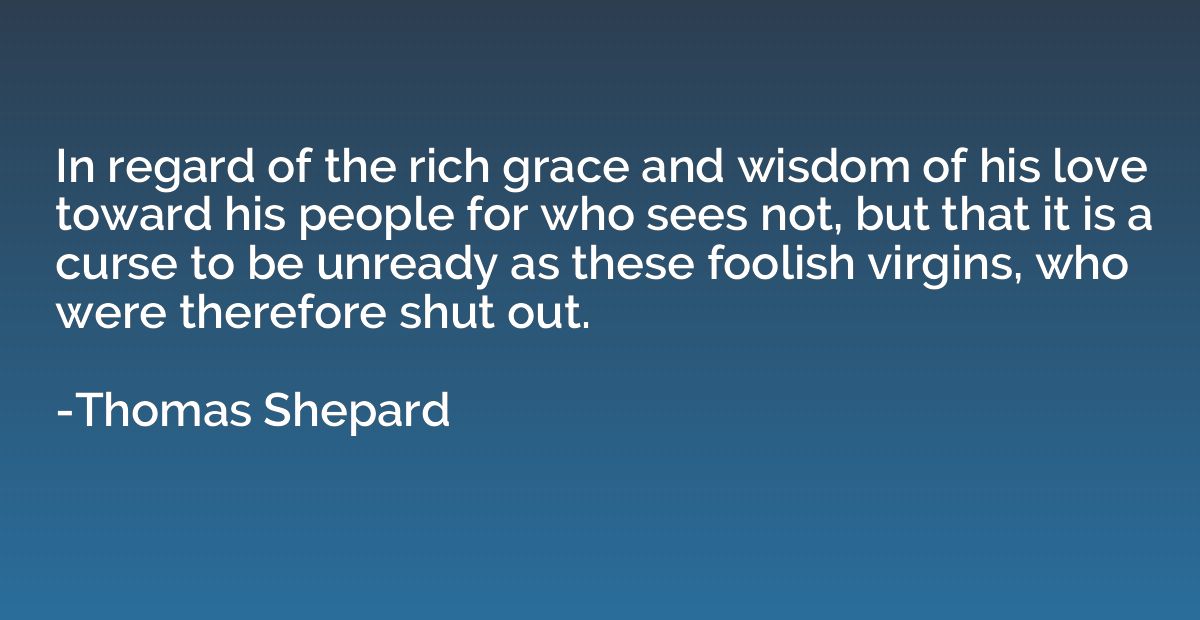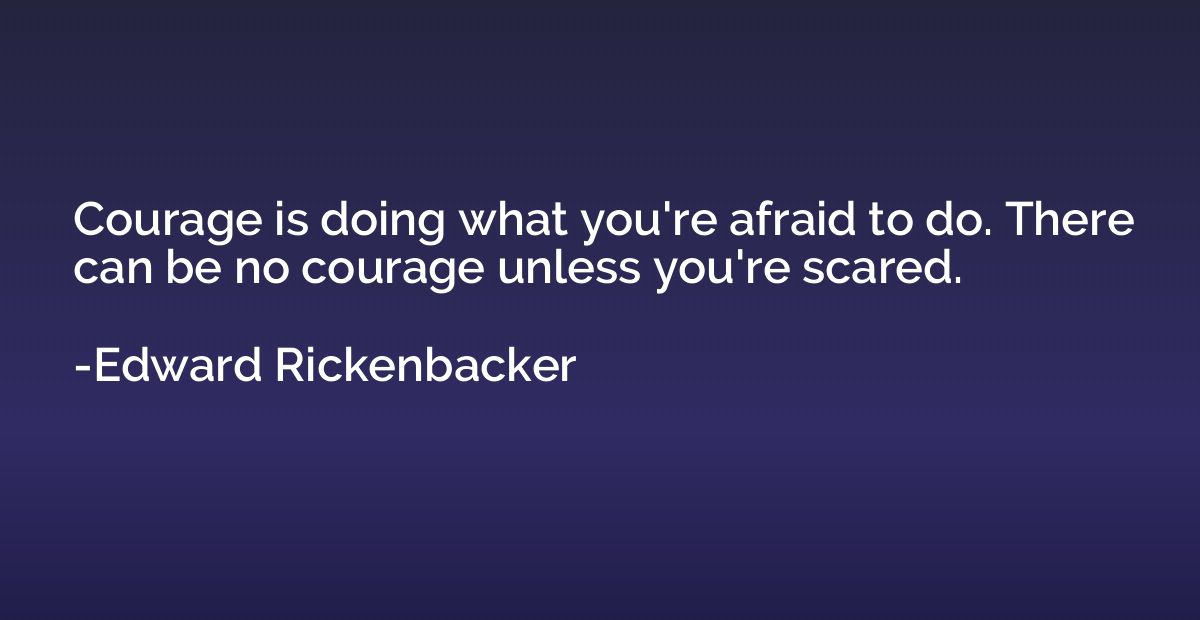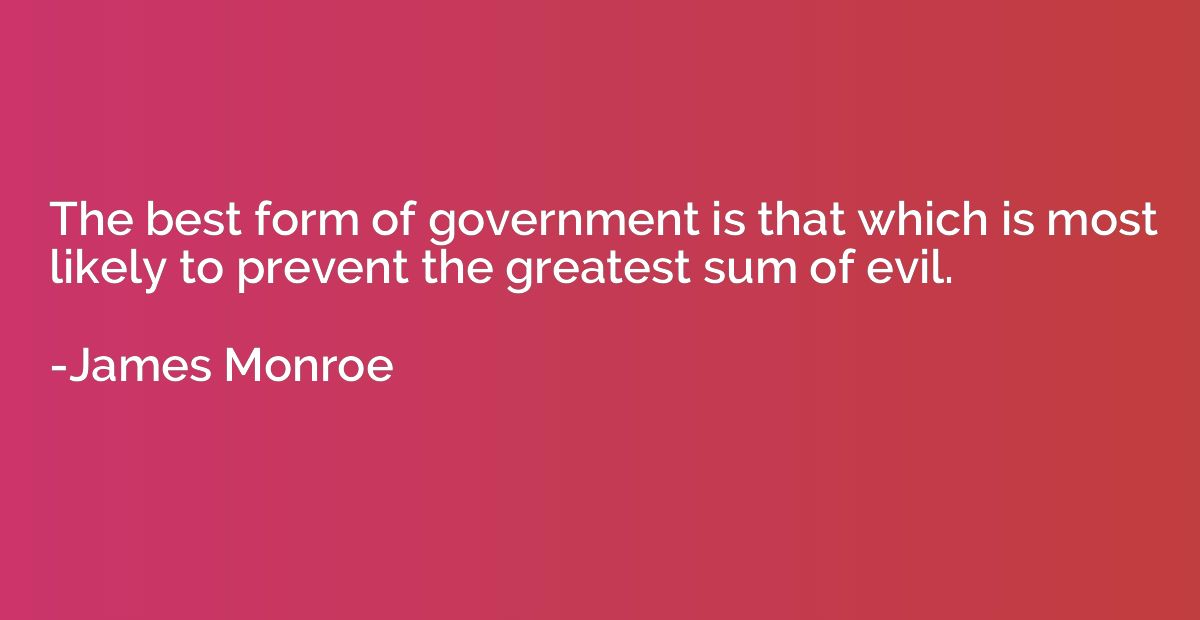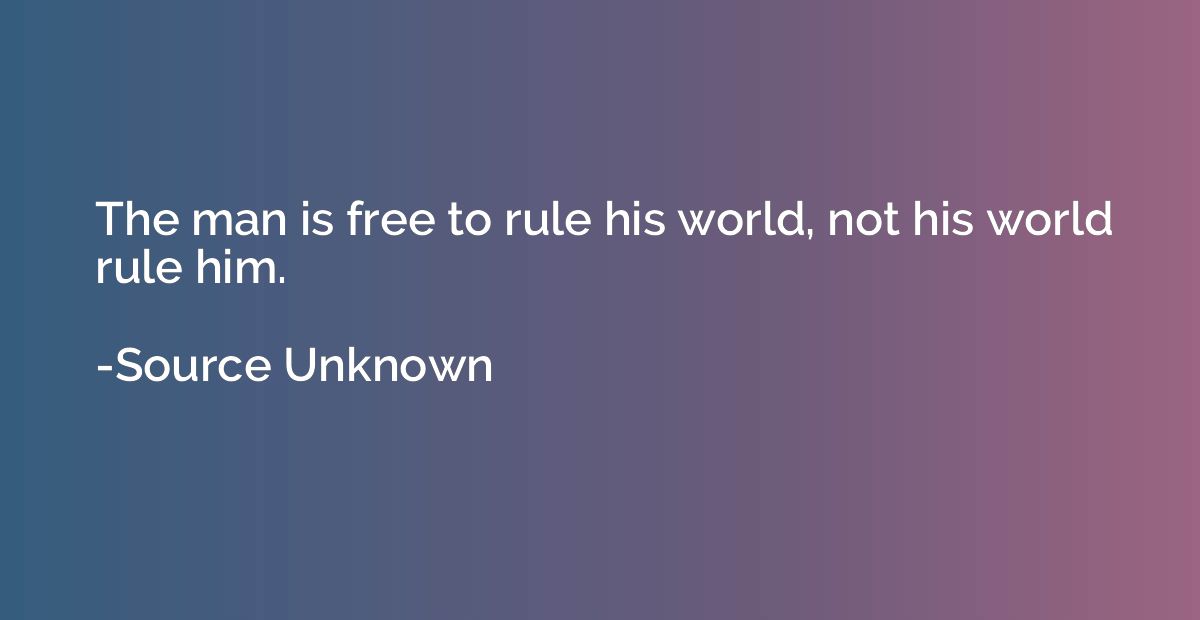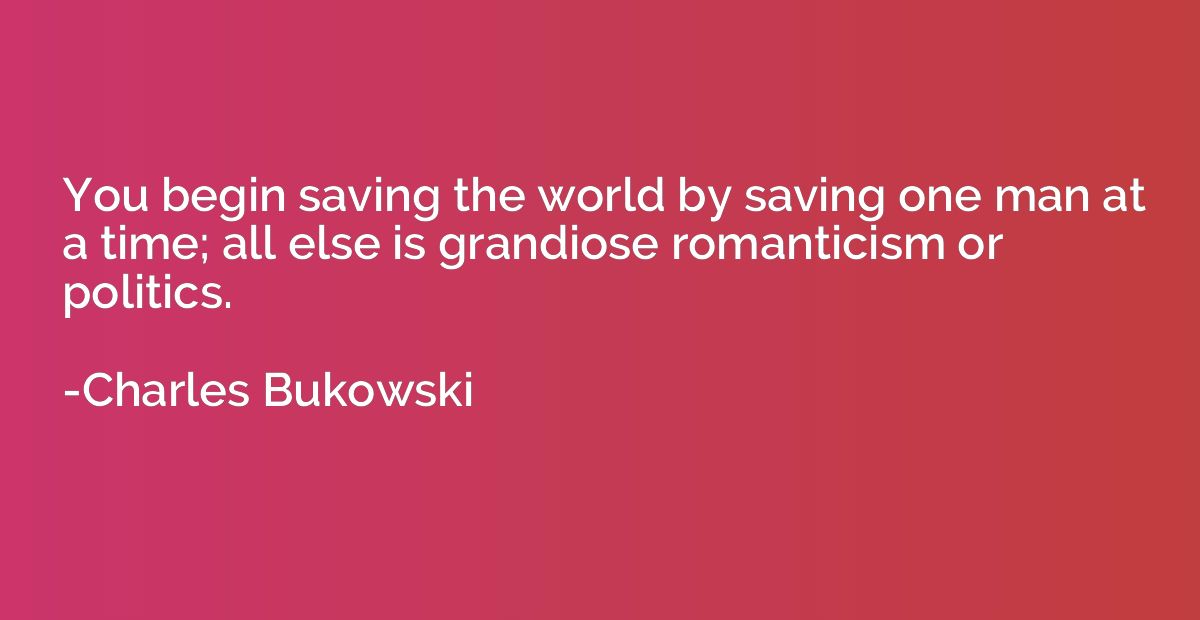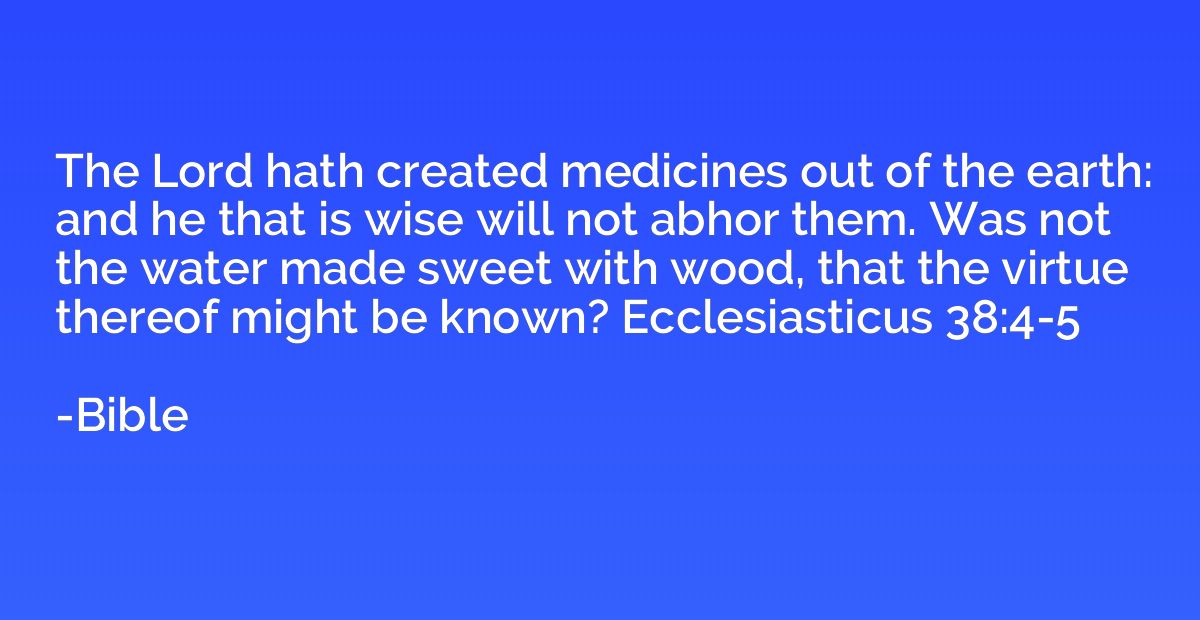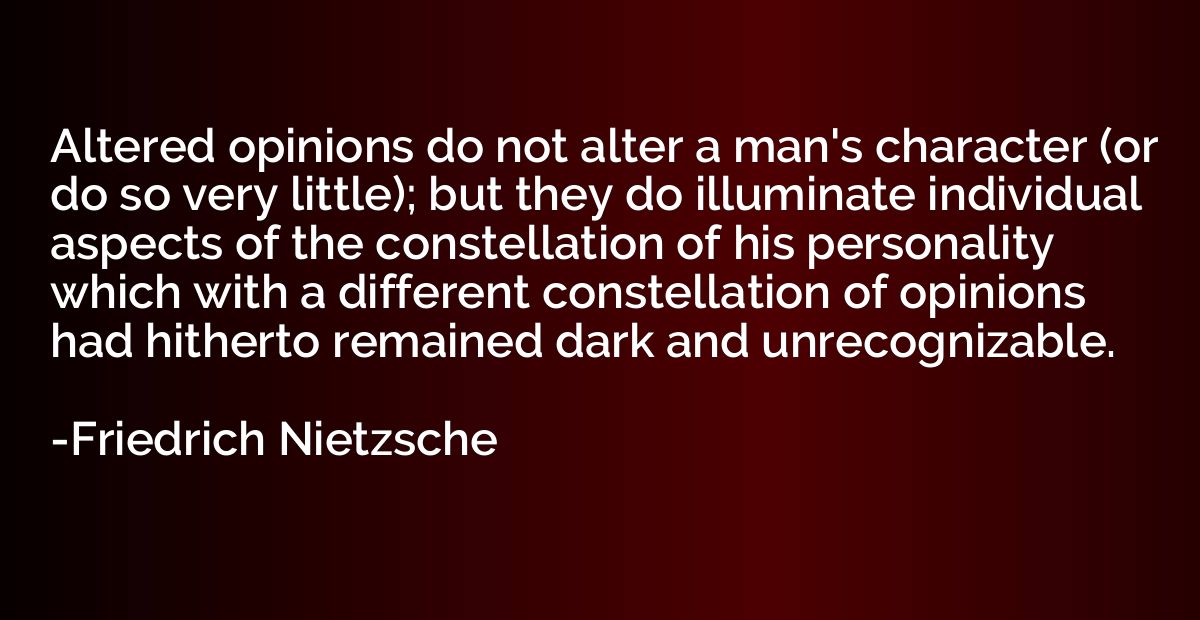Quote by Corra May Harris
A woman would rather visit her own grave than the place where she has been young and beautiful after she is aged and ugly.
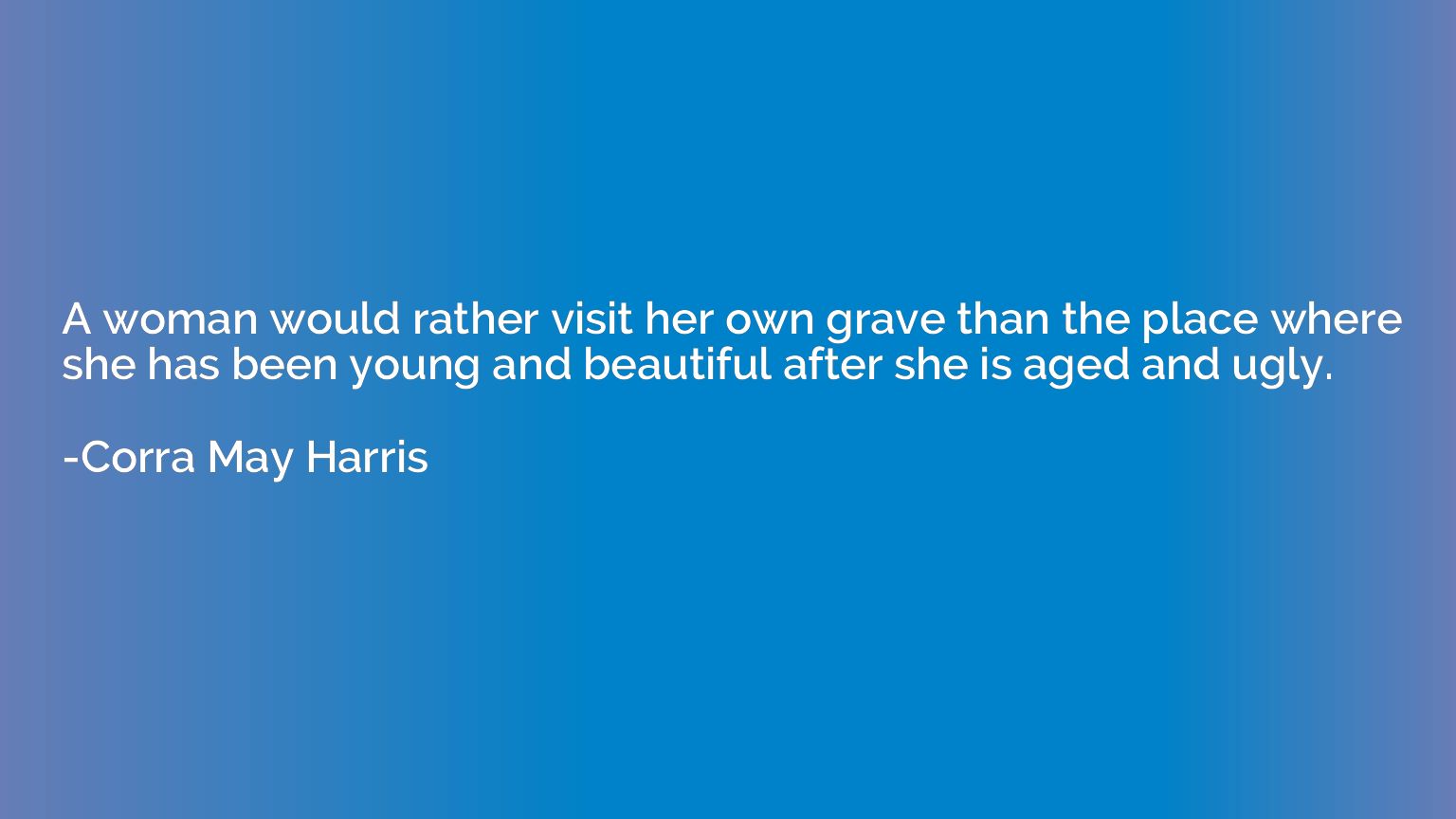
Summary
This quote reflects the societal pressure and shallow standards of beauty that many women face. It suggests that women fear confronting their past youthful beauty, as it serves as a reminder of their current aged appearance. It highlights the intense expectation for women to maintain their physical attractiveness over time and the insecurities that can arise from failing to meet these expectations. Ultimately, it reveals the harsh judgment and unrealistic beauty ideals that can have a detrimental effect on women's self-esteem and sense of worth.



